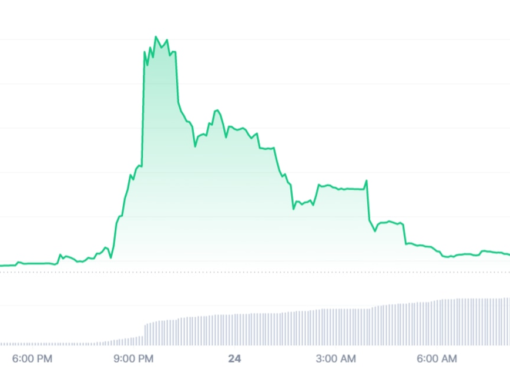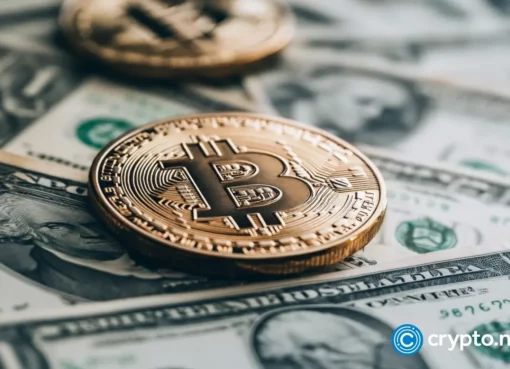The U.S. Securities and Exchange Commission (SEC) argues that the issues raised by the recent court order in favor of Ripple Labs and its native token, XRP, represent complex legal challenges that warrant an appeal of the ruling.
The SEC opposes the court’s verdict and has clarified that these “knotty legal problems” warrant a review.
SEC not accepting defeat
The SEC is currently engaged in an ongoing legal battle against Ripple Labs, the creators of the XRP altcoin. The regulator seeks to appeal Judge Analisa Torres’ ruling that XRP was a security when sold to institutional investors and not a security when sold to retail investors.
Earlier this month, Ripple had pushed back against the SEC’s request for an interlocutory appeal. Ripple argues that the agency lacks merit, as it fails to meet the necessary conditions for certification.
The SEC’s assertion that Section 1292(b) only excludes cases involving factual disputes is inaccurate. This section is designed for interlocutory appeals in cases with evident and well-defined legal issues, rather than cases mired in complex factual considerations. Consequently, the SEC’s application for certification should be rejected.
In response to Ripple’s filing, the SEC has submitted a memorandum of law supporting their motion to certify an interlocutory appeal under 28 U.S.C. § 1292(b).
The SEC’s allegations are based on the claim that Ripple conducted an unregistered securities offering by raising capital through the sale of its digital assets, XRP, to both U.S. and global investors.
This legal clash holds immense significance for the cryptocurrency industry, as it could ultimately shape the landscape of cryptocurrency regulations. A pivotal aspect of the case is whether XRP should be classified as a security or a commodity.
The agency now seeks to initiate an appeal in light of the July 13 court decision, which didn’t align with the SEC’s objectives regarding overseeing cryptocurrency markets. This legal battle reflects the broader challenge regulators face in defining and regulating digital assets.
Like the court, the agency stated that the SEC has a vested institutional interest in achieving the most efficient and final resolution of the legal matter. In contrast, the defendants are interested in prolonging the resolution to maintain their ability to sell XRP in public markets without registration-related disclosures.
Judge Torres determined in July that some of Ripple’s programmatic sales of XRP did not violate securities laws due to a blind bid process in place. However, she found that other direct sales of XRP to institutional investors were indeed securities, resulting in a partial win for the SEC.
Now, the SEC intends to appeal both the decision concerning programmatic sales and the broader category of other distributions, including offers and XRP sales, in exchange for goods and services. On the other hand, Ripple argues that the court should reject the SEC’s appeal request, stating that the court’s summary judgment doesn’t present a crucial legal question suitable for an interlocutory appeal.
Ripple’s legal team has also raised concerns that if the SEC is permitted to appeal, they might attempt to cross-appeal the court’s order related to institutional sales of XRP. This potential cross-appeal would necessitate a comprehensive review of the entire case record, not just the portions the SEC wishes to emphasize.
Ripple CEO gears up for showdown
On Aug. 23, Ripple CEO Brad Garlinghouse geared up his legal team to defend against the SEC. Two attorneys from the law firm Cleary Gottlieb Steen & Hamilton LLP committed to supporting Garlinghouse’s legal case.
The crux of the SEC’s lawsuit centered on allegations of Ripple, Garlinghouse, and co-founder Chris Larsen breaching U.S. securities laws by selling XRP without obtaining prior registration from the regulatory body. Ripple vehemently contested these accusations, contending that XRP should be classified as a currency rather than a security.
In response to the legal development, both parties had altered their legal representation, with attorneys who initially represented the SEC departing and fresh legal counsel being enlisted.
On Aug. 28, Ripple celebrated its legal victory against the SEC and announced an event scheduled for Sept. 29 on the platform X (formerly known as Twitter). This event followed the ruling that XRP was not considered a security.
The extended legal battle concluded with a verdict stating that XRP is not an unregistered security, except in cases where it is used to secure funds from institutions.




